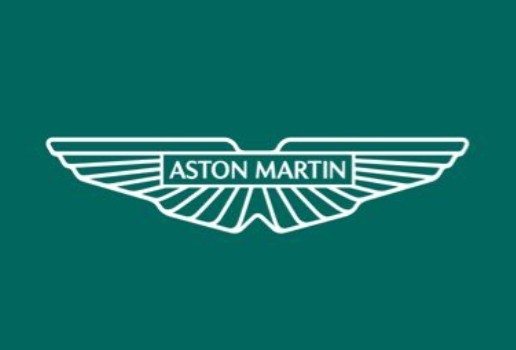Aston Martin Braces for Tariff Storm as Profits Plunge in Trade War Crossfire
Aston Martin has revealed a bold move to dodge the financial blow of a growing transatlantic trade war. The British luxury carmaker, synonymous with James Bond’s sleek rides, is advancing its production schedule to soften the punch from looming US tariffs.
The iconic UK firm is scrambling. Caught in a diplomatic gridlock, Aston Martin is now pushing to manufacture and ship more vehicles earlier than expected in 2025, hoping to slip under a tight US import quota before it bites.
“We’re actively engaging with the UK government to seek improved trade terms with the United States,” the company said.
As it stands, only 100,000 UK-built cars annually will enjoy a reduced 10% US tariff. Any vehicle beyond that threshold risks a steeper duty. Just months ago, the US was threatening levies exceeding 25% a nightmare scenario for British exporters.
Aston Martin’s strategy is a clear bid to preserve its most vital export market: the United States. But that’s not its only headache.
The Chinese market, once a key area of growth, has cooled sharply. Consumers there are tightening their belts. The company’s CEO, Adrian Hallmark, didn’t sugarcoat it, calling demand in China “stagnant” during a call with investors.
“The evolving and disruptive US tariff situation was unhelpful to our operations in Q2,” he said.
The fallout is showing in the numbers. Aston Martin’s revenues in the first half of the year fell by a painful 25%, down to £454.4 million. Operating losses widened too, reaching £121.5 million, up from a £99.8 million hit last year.
Shipments to the US had been paused temporarily amid the tariff turmoil, only resuming last month. This break alone triggered a significant dent in expected earnings.
Wednesday’s announcement marked a grim milestone: the company now expects its adjusted operating profits for the full year to be flat. Not long ago, the forecast was solidly positive.
Aston Martin also blamed the dip in performance on deliberately holding back deliveries of its high-end Specials models—ultra-exclusive vehicles that usually boost profit margins.
Still, there’s hope on the horizon. The company is gearing up for the first deliveries of the Valhalla, its cutting-edge plug-in hybrid electric supercar. The model, its first mid-engine PHEV, is set to roll out to customers in the final quarter.
Meanwhile, the company is digging deeper into its supply chain, aiming to make operations more resilient. Plans are being laid to avoid future shocks, from the factory floor to showrooms across the globe.
Yet markets remain wary. Aston Martin shares slid by 5% on Wednesday morning. Year to date, stock value has plummeted by nearly a third.
For now, it’s a tense road ahead. But Aston Martin’s decision to go on the offensive, producing earlier, lobbying harder, could be just the start of a new playbook in a changing global trade landscape.






